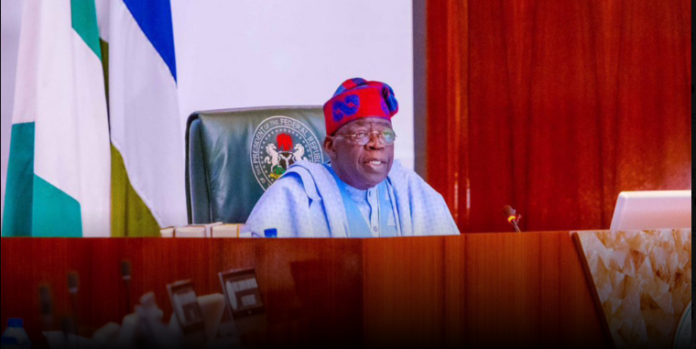Stakeholders in Ogoniland, including the Movement for the Survival of the Ogoni People (MOSOP) and traditional rulers, have commended President Bola Tinubu for approving the establishment of the University of Environment and Technology, Tai, in Ogoni.
Tinubu signed the bill on Monday in Abuja, in the presence of key figures like Senator Mpigi Barinada, National Security Adviser Nuhu Ribadu, Minister of Education Dr. Tunji Alausa, and Chief of Staff Femi Gbajabiamila.
He acknowledged the historical challenges faced by the Ogoni people.
“Ogoni has been at the forefront of our development and agitation and has suffered environmental degradation… To bring knowledge into that environment, in that area, to me, is the most significant thing from the Ministry of Education,” he said.
The approval came after a meeting between President Tinubu and Ogoni leaders, where he also expressed plans to resume oil exploration in the region.
He tasked National Security Adviser Nuhu Ribadu with leading negotiations. The Paramount Ruler of Bagha Kingdom, Suanu Baridam, welcomed the decision but stressed the need for immediate funding.
“One of the items on the table during our meeting with the President was the signing of the bill into law. Now that it has been done, the next step is the release of funds for the university to commence operations. It is a significant step in the right direction, and for the first time, a President has made a promise to the Ogoni people and fulfilled it,” he said.
MOSOP leader Fegalo Nsuke praised President Tinubu for establishing the University of Environment and Technology in Ogoni, calling it a historic move but urged further action for the region’s development.
Activist Celestine Akpobari emphasized that the university should be seen as a start to restitution, not a trade-off for resuming oil extraction.
Meanwhile, oil-bearing communities in Gokana Local Government Area protested their exclusion from discussions on oil resumption, demanding inclusion for farmers and fishermen in the negotiations. They threatened mass action if their concerns were ignored, stressing their critical role in the process.


